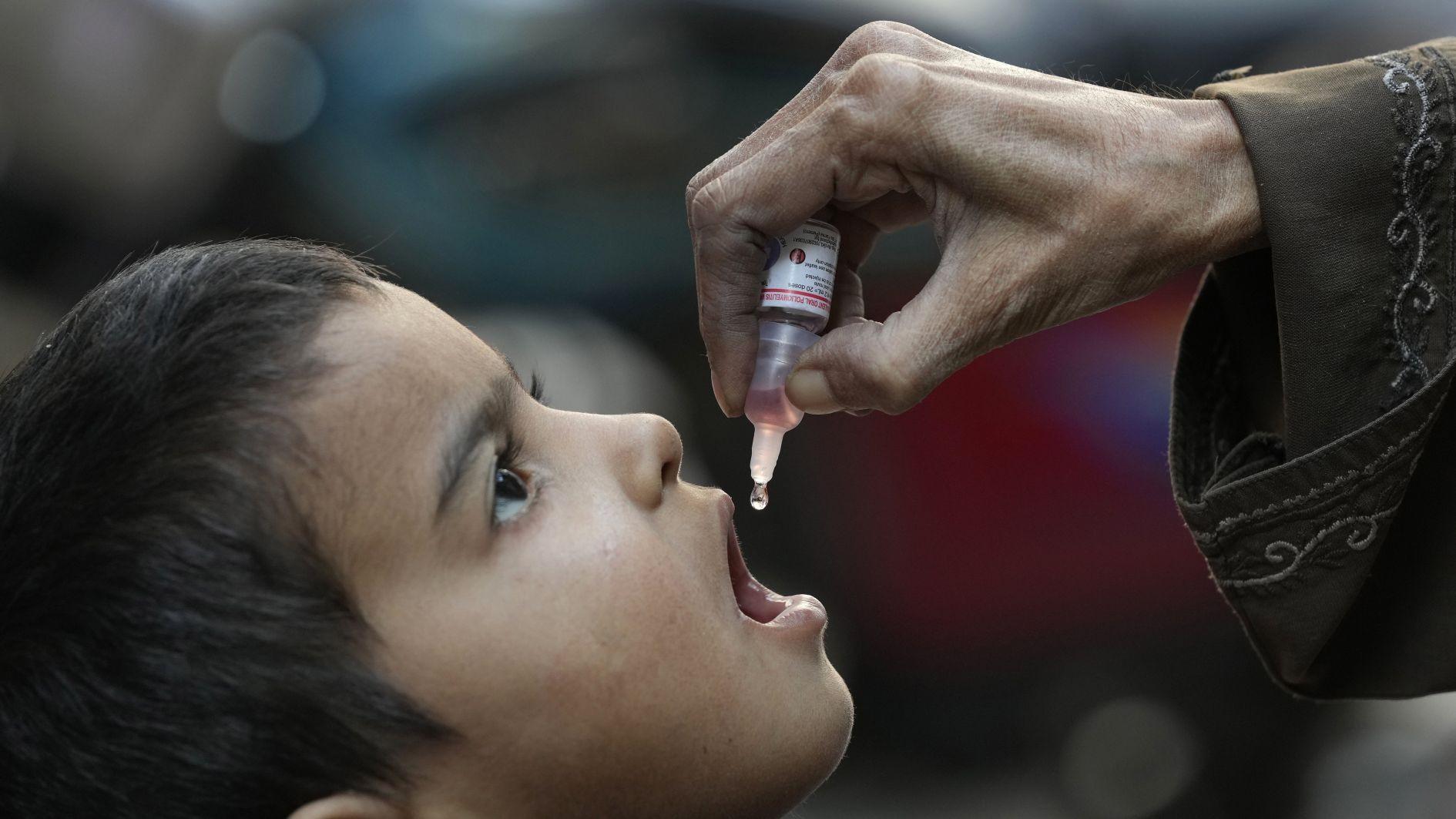
Efforts to vaccinate children against deadly diseases are faltering across the world due to economic inequality, COVID-era disruptions and misinformation, putting millions of lives at risk, research warned on June 25.
These trends all increase the threat of future outbreaks of preventable diseases, the researchers said, while sweeping foreign aid cuts threaten previous progress in vaccinating the world's children.
A new study published in The Lancet journal looked at childhood vaccination rates across 204 countries and territories.
It was not all bad news.
An immunization program by the World Health Organization (WHO) was estimated to have saved an estimated 154 million lives over the last 50 years.
And vaccination coverage against diseases such as diphtheria, tetanus, whooping cough, measles, polio and tuberculosis doubled between 1980 and 2023, the international team of researchers found.
However, the gains slowed in the 2010s, when measles vaccinations decreased in around half of the countries, with the largest drop in Latin America.
Then the COVID-19 pandemic struck.
Routine vaccination services were hugely disrupted during lockdowns and other measures, resulting in nearly 13 million extra children who never received any vaccine dose between 2020 to 2023, the study said.
This disparity endured, particularly in poorer countries. In 2023, more than half of the world's 15.7 million completely unvaccinated children lived in just eight countries, the majority in sub-Saharan Africa, according to the study.
In the European Union, 10 times more measles cases were recorded last year compared to 2023.
Cases of polio, long eradicated in many areas thanks to vaccination, have been rising in Pakistan and Afghanistan, while Papua New Guinea is currently enduring a polio outbreak.
"Routine childhood vaccinations are among the most powerful and cost-effective public health interventions available," said senior study author Jonathan Mosser of the U.S.-based Institute for Health Metrics and Evaluation (IHME).